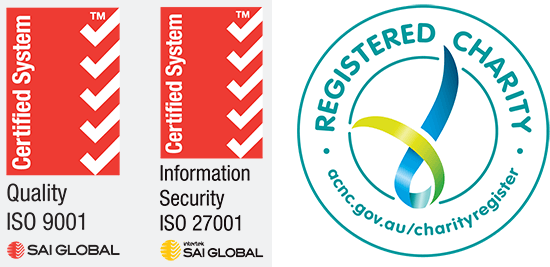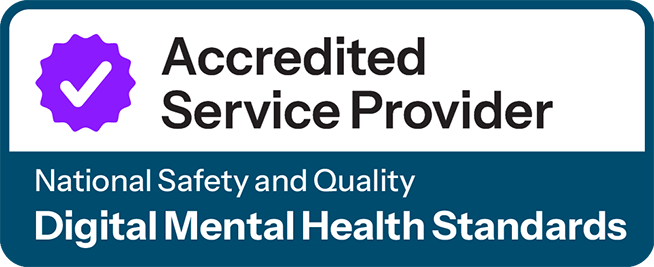
Helping people to manage eating disorders is a complex task encompassing physical, mental and dietary health.
The most effective support for people emerges from multidisciplinary team care, in which general practitioners, mental health professionals and dietitians work together.
That is the clinically robust central premise of North Western Melbourne Primary Health Network’s Right Care, Right Place: Eating disorder care in my community project.
A partnership with the National Eating Disorders Collaboration (NEDC), the Commonwealth-funded project sees GPs, mental health professionals and dietitians in four primary health network catchments trained to deliver eating disorder treatment and participate in ongoing professional development to boost their skills and confidence.
A key component of this approach to eating disorder care is the role of Eating Disorders Service Navigator – a person available five days a week to advise health professionals and people seeking help, linking them with relevant services, resources and advice.
The Right Care, Right Place Eating Disorders Service Navigator is Tanya Durrand, who is based at NWMPHN’s offices in Docklands.
“I support consumers and health care professionals in finding existing eating disorder services that meet each individual’s needs,” she says.
“This includes directly linking consumers to mental health and dietetic services and guiding them through any barriers along the way. This requires a good understanding of the service landscape, which can be very confusing and challenging to navigate.”
Ms Durrand is well qualified to carry out this sometimes demanding role. She is a former paediatric nurse and has studied medicine and public health.
“I have experience with children, adolescents, and adults with eating disorders in a variety of settings, including medical, inpatient and outpatient mental health,” she says.
“My experience has given me a strong understanding of the gaps in the Australian health care system, including in primary care and general practice where I worked most recently in an administrative role.”
But Tanya’s experience is not only clinical. She brings to the role a personal history that gives her a deep, empathetic understanding of the challenges involved.
“I have lived experience of recovery from a longstanding eating disorder,” she says.
“I know how many barriers there are for people seeking help at every stage of the process, and I know how difficult it can be to find and access the right kind of support.
“Treatment is financially inaccessible for many people, as it was for me for much of my illness, which makes me really excited to be able to facilitate mental, physical and dietary health support through this program.”
Tanya is available to provide guidance via telephone or email on weekdays during business hours. Her approach to each contact of course varies depending on the needs and questions of the caller. There are, however, some points common to all.
“A key part of my role is to act as a central liaison for the multidisciplinary care team,” she explains.
“I am able to refer to the appropriate professionals and communicate with all members of the care team to ensure coordinated care. An important way that I put together this team approach is by promoting and facilitating case conferencing, where the consumer and the rest of the care team meet periodically to discuss their care.
“This is something that is often missing in treatment, which places a burden on the consumer and can result in key details slipping through the cracks.”
Another common question from health professionals concerns how and where to gain better understanding of the complexities of eating disorder management.
“I am able to recommend a number of great training resources and management guidelines to help GPs and practice nurses feel more confident,” she says.
“I would also remind them about the basics of communication with a patient in this scenario, especially empathy. I can also offer suggested phrasing and scripts to support the GP’s conversation with that person. Eating disorders are very common, and I want to help reduce fear and stigma through knowledge and understanding.”
Health professionals can contact Tanya by emailing rcrp@nwmphn.org.au or calling NWMPHN on (03) 9347 1188.
GPs and others wishing to refer a patient into the program can do so through NWMPHN’s CAREinMIND™ referral and access team. For more details, see this page.
People can self-refer by contacting Medicare Mental Health on 1800 595 212. See NWMPHN’s referral and access webpage here.





